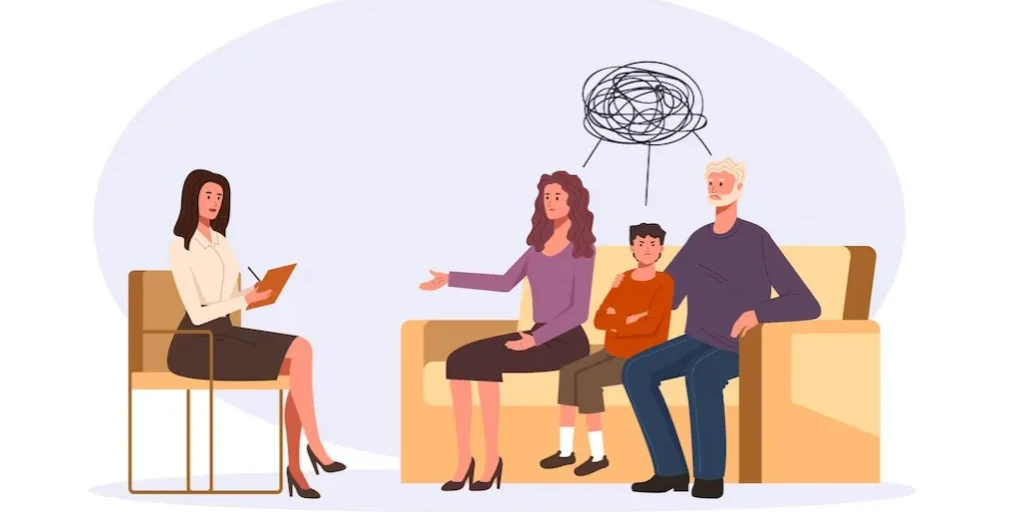24/7 Helpline:
(866) 899-111424/7 Helpline:
(866) 899-1114
Learn more about Residential Rehab centers in Lapeer
Residential Rehab in Other Cities

Other Insurance Options

WellPoint

AllWell

United Health Care

Health Net

Excellus

Cigna

Anthem

Medical Mutual of Ohio

Covered California

Evernorth

Ceridian

Magellan

WellCare Health Plans

Carleon

Humana

Lucent

Aetna

Amerigroup

Self-pay options

EmblemHealth

Lapeer County – Touchstone
Lapeer County Community Mental Health and CMHSP is a public rehab located in Lapeer, MI. Lapeer Coun...

Alcohol Information and Counseling Center
Alcohol Information and Counseling Center is a public organization located in Lapeer, Michigan. Alco...

List Psychological Services
List Psychological Services is a private group practice specializing in behavioral health care; incl...







Concepts in Counseling
Concepts in Counseling is a private rehab located in Lapeer, Michigan. Concepts in Counseling specia...

Alcoholics For Christ – Faith Christian Church
Alcoholics For Christ - Faith Christian Church is located in Lapeer, Michigan. Alcoholics For Christ...



